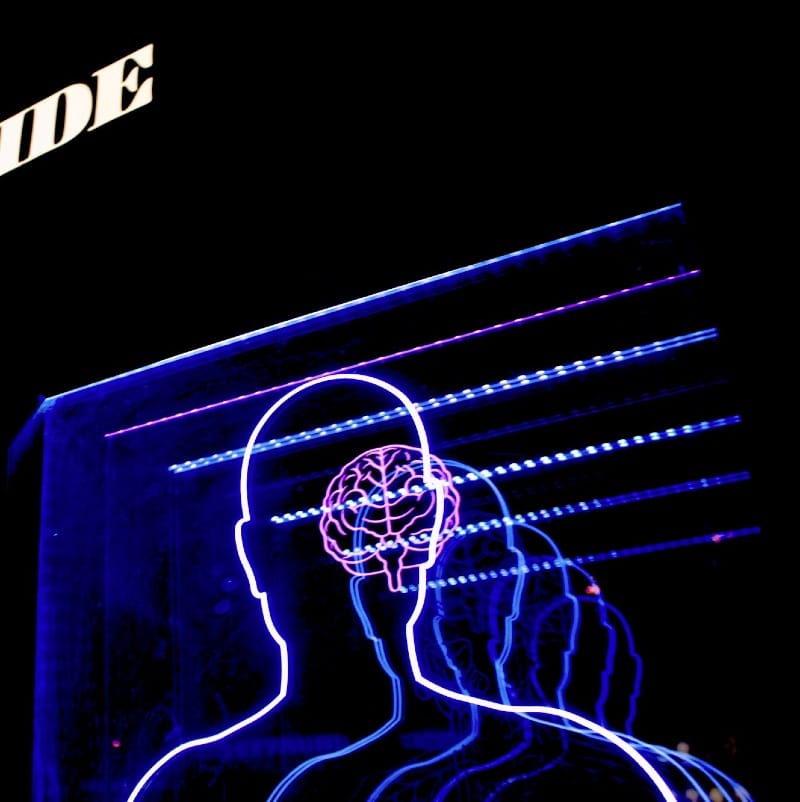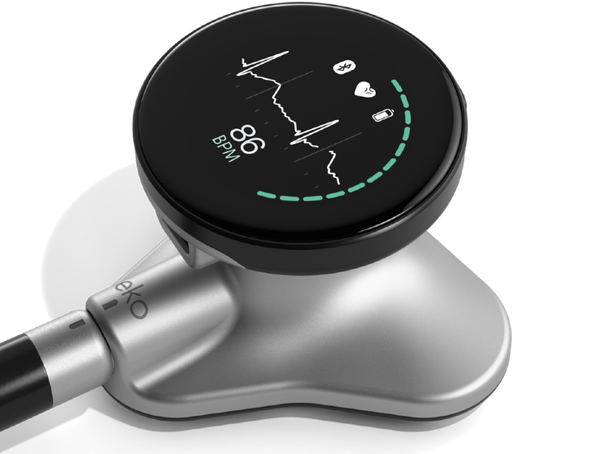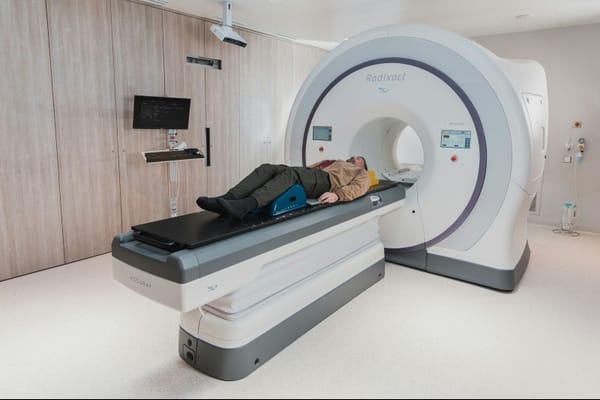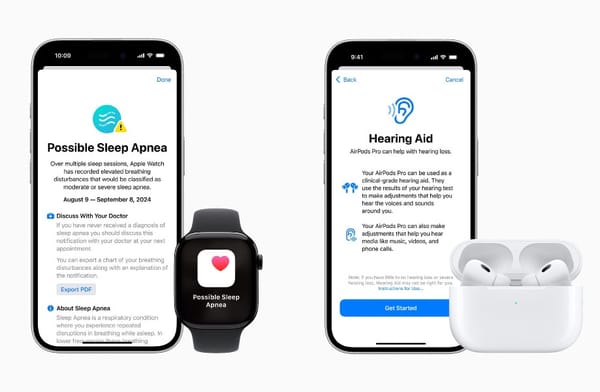Researchers from the Universities of Edinburgh and Dundee have made significant progress on a project aimed at creating an AI tool to predict an individual's risk of dementia[1]. This innovative approach leverages over 1.6 million brain scans to provide early warnings for potentially affected individuals, paving the way for timely interventions and personalized healthcare solutions.
Key takeaways:
• New AI tool predicts dementia risk using over 1.6M brain scans
• Project SCAN-DAN leverages AI and machine learning techniques
• Early detection could mitigate 45% of dementia cases
• Collaboration involves leading researchers from Edinburgh and Dundee
• The project aims for FDA approval of new diagnostic tools
The SCAN-DAN Project
The Scottish AI in Neuroimaging to predict Dementia and Neurodegenerative Disease (SCAN-DAN) initiative utilizes more than 1.6 million MRI and CT scans to identify risk factors associated with dementia. Through machine learning algorithms, researchers will analyze brain scan patterns in relation to patient demographics and treatment histories, paving the way for more personalized healthcare solutions.
Professor Emanuele Trucco, an expert in AI and medical imaging at the University of Dundee and co-leader of SCAN-DAN, emphasizes the importance of data security: "Scotland and the UK are at the forefront of clinical data research, building on the unique National Health Service patient number – called the CHI number in Scotland, as well as the structure, security and good governance of the Scottish National Safe Haven, amongst other data organisations such as the UK Biobank"[1].
Significance of Early Detection
Early diagnosis is crucial in dementia cases, as it opens avenues for timely interventions. Studies suggest that nearly 45% of dementia cases are preventable with lifestyle modifications. Willy Gilder, who was diagnosed with Alzheimer's three years ago at the age of 71, explains: "If you know you're at risk, you can make changes that are going to improve your brain health. Because I was diagnosed early, I know that keeping very mentally active, for example, is going to help me"[1].
The insights gathered from the SCAN-DAN project will not only enhance diagnostic capabilities but also inform public health strategies aimed at reducing dementia prevalence overall. Professor Bill Whiteley of the University of Edinburgh's Centre for Clinical Brain Sciences, who is co-leading SCAN-DAN, elaborates: "Better use of simple brain scans to predict dementia will lead to better understanding of dementia and potentially earlier diagnosis of its causes, which in turn will make development of new treatments easier"[1].
Future Implications
The developments within the SCAN-DAN project represent a paradigm shift in dementia research. With the potential for FDA approval of diagnostic tools, the insights gained could significantly influence both clinical practices and research methodologies, leading to improved treatment strategies for dementia patients.
Dr Ricardo Sáinz Fuertes, Global Director of Digital Health Solutions at Eisai and Programme Director for NEURii, highlights the project's broader impact: "The spirit of NEURii is to fulfil the promise of data science for healthcare. Within a year, we plan to support SCAN-DAN through to proof of concept by removing obstacles to commercialisation and providing whatever's needed, be it funding, collaborations or legal or regulatory input"[1].
In conclusion, the development of the SCAN-DAN AI tool signifies a monumental step forward in the early detection and prevention of dementia. By utilizing advanced technology and large-scale data analysis, this project promises to not only enhance our understanding of dementia but also empower individuals with the knowledge they need to make impactful lifestyle changes.
If you want to stay informed about the latest advancements in dementia research and health technology, check out our related articles and subscribe for updates. Your engagement helps foster a deeper understanding of these important topics!














Member discussion